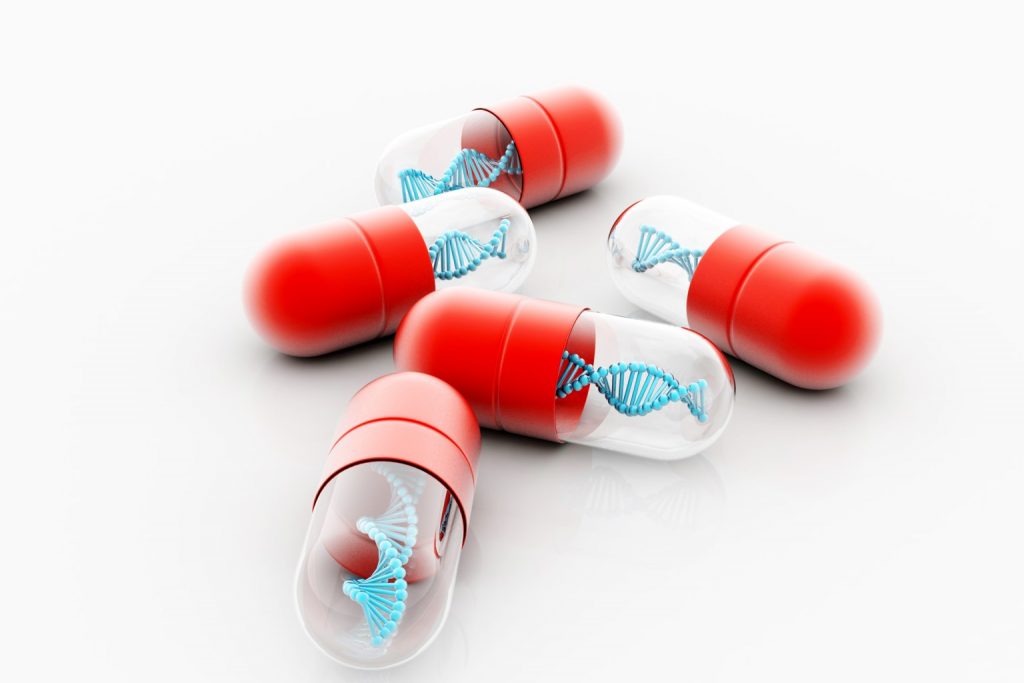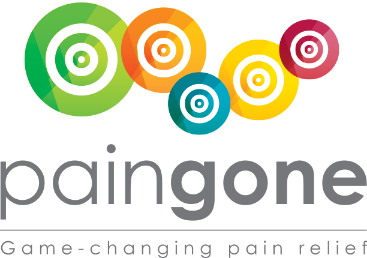
Jun 29, 2021
Paingone
Treating Migraines with Cannabis May Cause Rebound Headaches
Research presented at the 2021 annual meeting of the American Academy of Neurology indicates that some individuals using medical marijuana to treat chronic migraines may increase their risk of developing rebound headaches. While marijuana has been shown to help with various types of chronic pain, this preliminary study indicated there was a risk to treating frequent migraines with cannabis.
“Many people with chronic migraine are already self-medicating with cannabis, and there is some evidence that cannabis can help treat other types of chronic pain. However, found that people who were using cannabis had significantly increased odds of also having medication overuse headache, or rebound headache, compared to people who were not using cannabis, explained the study’s author, Niushen Zhang, a professor of neurology at Stanford.
Nearly one-third of patients suffering from chronic migraines, defined as 15 or more migraines per month, suffer from rebound headaches at some point. The study did not determine whether patients were using marijuana to treat the rebound headaches or if the rebound headaches resulted from using marijuana on the primary migraines. The study’s authors stressed that further studies are needed, as medical marijuana has proved helpful in treating other kinds of chronic pain while reducing opioid use.
Link Suggested Between Acetaminophen Use During Pregnancy and Autism/ADHD
A European study suggests that the frequent use of acetaminophen (called paracetamol in many European countries) when pregnant increases the risk of having a child with either attention deficit hyperactivity disorder (ADHD) or autism. The study at the University of Barcelona followed over 73,000 pregnant women and mothers. It indicated that women who took acetaminophen for pain increased their risk of having children on the autism spectrum by 19%. The risk increased to 21% for children with ADHD.
While prior studies have also suggested the line between acetaminophen and ADHD, autism, and even hyperactivity in children, the European study is the largest one. It shows the most substantial evidence yet of a link between the two. The research suggests that acetaminophen may affect brain development, particularly in the third trimester. Researchers concluded that anyone pregnant should limit their use of acetaminophen, taking it only when necessary.
Acetaminophen is the most commonly used pain reliever globally, with millions using it for everything from mild headaches to chronic back pain. It is one of the active ingredients in OTC pain medications such as Tylenol and Excedrin. Unrelated studies have shown acetaminophen may also contribute to kidney, liver, and heart problems with continued use.
Start-Up Pharmaceutical Exploring Use of Psychedelic Drugs for Treating Chronic Pain
Mind Medicine (MindMed), a start-up based out of New York, is looking into the potential of psychedelic drugs such as LSD in treating chronic pain conditions, including cluster headaches. “Project Angie” recently launched trials into how micro-dosing of psychedelics might help control pain that isn’t managed well with opioids and other pain medications. Mind Medicine is also exploring ways to treat anxiety and ADHD with psychedelics.
The company’s CEO, J.R. Rahn, explained, “With the launch of Project Angie, we seek to align closely with MindMed’s core mission to improve mental health and combat substance use for the many patients in need. If we can help to develop a new paradigm to treat pain, it may have the potential to greatly reduce the use of addictive medicines such as opioids currently ravaging society and its mental health.”
Early research has suggested that micro-doses of psychedelics such as psilocybin (from mushrooms) and LSD may relieve pain by modulating serotonin receptors. In turn, this reduces inflammation and pain. There are plenty of regulatory restrictions currently in place that would have to be overcome should the current study indicate the effectiveness of psychedelics for pain treatment, as they are now classified as highly addictive drugs with no medical value.
Could Gene Therapy Treat Chronic Pain?
Many people still view gene therapy as science fiction, but researchers are increasingly finding uses for gene therapy that may improve life for millions of people. Researchers at the University of California San Diego are now studying gene therapy as a way to treat several types of chronic pain, eliminating or reducing the need for prescription medications.

Ana Moreno, Ph.D., CEO of Navega Therapeutics, heads up the research, which found that temporarily suppressing a specific gene related to pain sensations reduces pain sensitivity in mice. The mice benefitted from months of pain relief without numbness or loss of function. Moreno explained, “What we have right now does not work. There’s a desperate need for a treatment that’s effective, long-lasting, and non-addictive.”
The gene-editing method used in the study targeted the specific gene and temporarily blocked it. This could temporarily block pain signals following a traumatic injury. After the patient is healed, the gene could be switched back on. Researchers also hope the treatment could help patients with chronic pain caused by sciatica, chemotherapy, diabetic neuropathy, and other conditions.
Current studies are in the preliminary stages, and human trials are a few years down the road, so gene therapy for pain is still in the future, but it could become a reality sooner rather than later.
Pfizer’s Experimental Drug for Osteoarthritis Rejected by FDA
The U.S. Food and Drug Administration voted 19-1 against approval of pharmaceutical giant Pfizer’s osteoarthritis pain injection, tanezumab. The company had sought approval of the medication for treating mild to moderate arthritis pain in the knees and hips. The injection is given in a clinical setting every eight weeks.
Reasons for rejecting Pfizer’s application for approval included the fact that some trial participants saw their joint damage increase at a rapid pace with the need for a knee or hip replacement as a result. Some patients developed nerve damage or swelling, including damage to healthy joints in some cases. Opponents of approval of tanezumab noted that it didn’t work any better than currently available anti-inflammatory medications such as Celebrex or Aleve. They also felt long-term results are needed, as the current studies have only lasted one year or less.
This Week’s Pain Trivia:
According to the National Institutes of Health, 27% of American adults suffer from low back pain, making it the most common form of adult chronic pain. This is followed by migraines, which 15% of Americans experience. The annual cost of back pain relief? Over $50 billion.
Is Paingone helping your patients and your practice?
Tell us your success story.
A robust retail strategy is essential to growing your practice.
You only have so many hours a week available for appointments. The fastest way to increase your bottom line is to incorporate profitable products that generate repeat business and build your reputation as a medical professional. That’s where Paingone comes in.
Contact us below to learn more about our products, wholesale pricing and how Paingone can benefit your practice.

